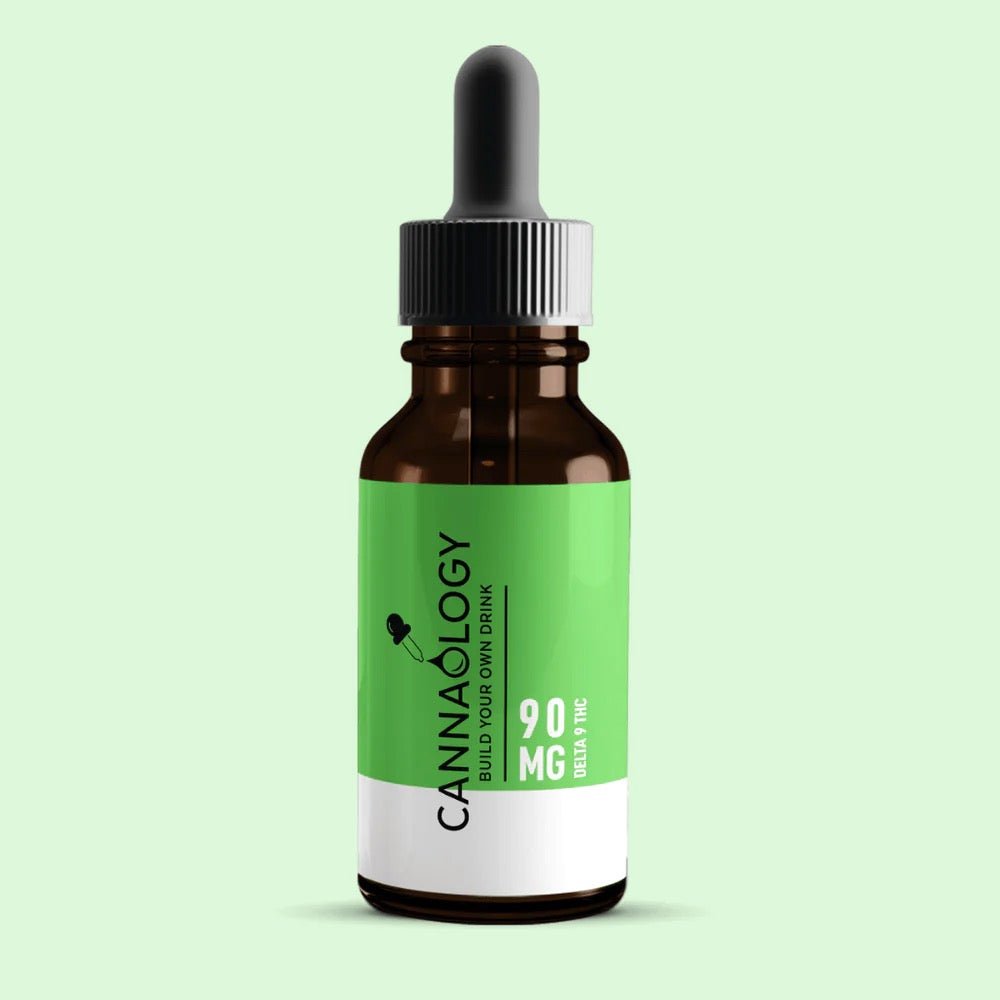Despite a lack of regulatory guidance and aggressive attacks from state lawmakers and Corporate Cannabis, the U.S. hemp industry was larger than all state marijuana markets in 2022.

Hemp is quickly proving to be one of America's most resilient, effective, and popular agricultural offerings. Even with several states enacting new laws severely restricting or even wholly banning products containing hemp-derived cannabinoids like delta-8 THC, the hemp industry is still thriving at an unprecedented level.
A new report published by Whitney Economics last week provides a comprehensive assessment of the controversial and misunderstood hemp market sector since Congress legalized the versatile crop as part of the 2018 Farm Bill.
According to the study, the industry generated about $28.4 billion in sales revenue last year, exceeding the amount produced by all state cannabis markets combined. Based on sales tax on hemp items alone, the firm also estimates that states collected $1.5 billion in tax revenue collectively in 2022.
"For context, hemp-derived cannabinoid sales nationally were greater than total legal sales of medical and adult-use cannabis in 2022," the report says. With almost half the states having already legalized adult-use marijuana and 80% of them with some form of medicinal marijuana, the findings are surprising to many economists and industry experts.
"For context, hemp-derived cannabinoid sales nationally were greater than total legal sales of medical and adult-use cannabis in 2022."
- Whitney Economics 2023 U.S. National Cannabinoid Report
An even more unexpected finding for researchers was how competitive the hemp market is in comparison to that of other far more established sectors like the craft beer industry. The American Beer Association reports that sales for craft beer in the U.S. totaled around $28.4 billion in 2022, which perfectly matches the revenue totals produced by hemp-based cannabinoid products during the same period.
"Currently, the total demand for hemp-derived cannabinoids is valued in excess of $28 billion and supports the employment of 328,000 workers, who earn $13 billion in wages. Overall, the total economic impact of the hemp-derived cannabinoid industry on the U.S. economy is in excess of $79 billion. While they may seem large, these estimates are actually conservative because they do not account for demand and employment from gas stations, grocery stores, and convenience stores," Whitney Economics says.
"Currently, the total demand for hemp-derived cannabinoids is valued in excess of $28 billion and supports the employment of 328,000 workers, who earn $13 billion in wages. Overall, the total economic impact of the hemp-derived cannabinoid industry on the U.S. economy is in excess of $79 billion. While they may seem large, these estimates are actually conservative because they do not account for demand and employment from gas stations, grocery stores, and convenience stores."
- Whitney Economics 2023 U.S. National Cannabinoid Report
In an interview with Marijuana Moment, Beau Whitley, author of the report, expressed how critically important the data is, especially with more and more state lawmakers and regulators moving to outlaw or restrict specific hemp-derived cannabinoids like delta-8 and delta-10 THC.
Those state officials "do not have the data on how large the market is and the large number of consumers that prefer this over adult-use and medical. The result is large labor displacement and increased business failures," Whitley said.
That lack of knowledge and the resulting "knee-jerk" reactions by legislators and health officials could have a catastrophic impact on the hemp industry nationwide. Inaction on the part of regulatory agencies like the U.S. Food and Drug Administration, which sent a controversial and incendiary letter effectively "washing its hands" concerning the creation of regulations governing the safety of CBD and other hemp-derived products, along with new laws being passed by state legislatures to address the "hemp problem" is crushing the legion of small to medium-sized businesses that predominantly comprise the hemp market.
Likewise, the lobbying effort on the part of Big Cannabis to effectively eliminate hemp product offerings is also creating a head-scratching quandary for researchers like Whitley, who view cannabis and hemp as agricultural and economic allies in the overall big picture of plant medicine.
"It was unfortunate that 'big cannabis' is villainizing the hemp industry when they are making hundreds of millions of dollars in revenue from the sale of these very same hemp-derived products. We at Whitney Economics feel that the adult-use and medical markets should support the hemp distribution model as it allows for (the) widespread distribution for cannabinoids. If adult-use and medical would follow this path, there would be massive opportunities for growers, processors, and manufacturers and would make a significant dent into illicit sales (through greater access and greater legal consumer participation)," Whitley said.
"It was unfortunate that 'big cannabis' is villainizing the hemp industry when they are making hundreds of millions of dollars in revenue from the sale of these very same hemp-derived products. We at Whitney Economics feel that the adult-use and medical markets should support the hemp distribution model as it allows for (the) widespread distribution for cannabinoids. If adult-use and medical would follow this path, there would be massive opportunities for growers, processors, and manufacturers and would make a significant dent into illicit sales (through greater access and greater legal consumer participation)."
- Beau Whitley, Author of 2023 U.S. National Cannabinoid Report
The report clearly demonstrates the economic power and potential of the still-young and burgeoning hemp industry. It also highlights the highly illogical stance on the part of Big Cannabis to openly and aggressively oppose the hemp sector and its wide array of product offerings.
After all, hemp and cannabis are two parts of the same plant. Working together, the two groups are exponentially more potent than when they fight against each other. Hopefully, the cold, hard numbers from Whitney Economics can provide the push both sides need to understand the mutual benefits to be shared through cooperation over competition.







































